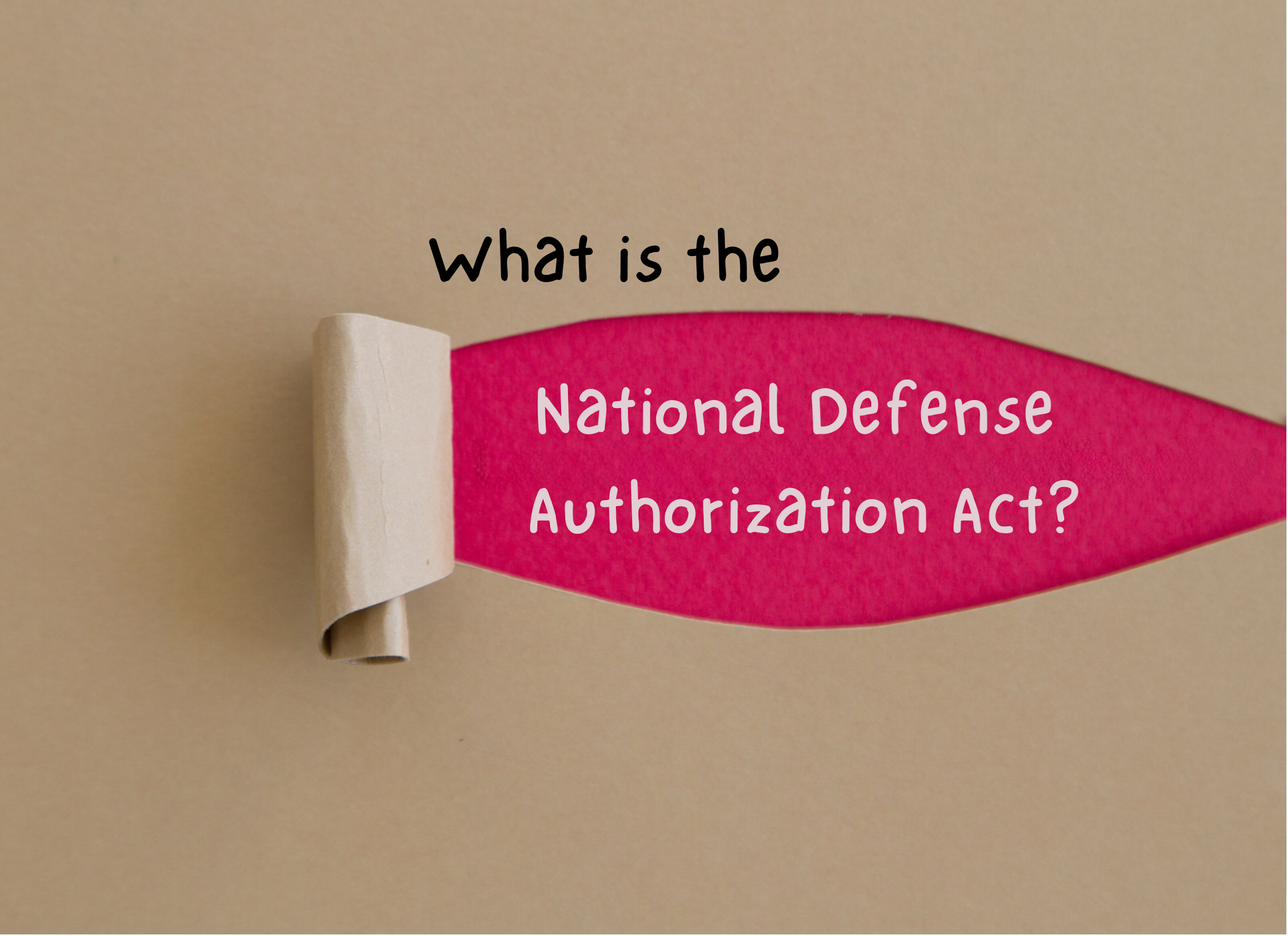The military, including the National Guard, needs authority from Congress to do what they do. This authority includes a myriad of permissions and changes to law that affect each and every member of the National Guard. Such authority comes in the form of the annual National Defense Authorization Act, or NDAA for short.
There are two bills in Congress every year that the Defense Department considers to be “must-pass” bills. One is the NDAA, and the other is the Defense Appropriations Act. The NDAA authorizes the expenditure of money, and the Appropriations Act is the money. There is a symbiotic relationship between the two.
What is the NDAA?
Simply put, it is a legislative act that grants authorities to the Defense Department and all of its members to do what the nation asks the Department to do—to fight and win the nation’s wars. Technically, the bill authorizes appropriations for a particular fiscal year for military activities of the Department of Defense and for military construction, and for defense activities of the Department of Energy, to prescribe military personnel strengths for such fiscal year, and for other purposes.
The first NDAA was passed in 1961, and there has been an NDAA passed by Congress every year since then. The NDAA is a product of the House and Senate Armed Services Committee. The House and the Senate each put together their version of the legislation, and then, after it passes in each chamber, there is a conference committee convened to work out any differences until a compromise bill is produced. That compromise bill is returned to each chamber for an up-or-down vote. Once it passes each chamber, it goes to the president for signature into law.
The NDAA is routinely organized into specific divisions and titles.
Title I is procurement. Title II is research, development, test and evaluation. Title III is operations and maintenance.
Title IV is military personnel authorizations, where you will always find the end strength, AGR and mil tech authorizations, and ADOS levels. Title V is military personnel policy, where you will find any policy changes for those serving. Title VI is compensation and other personnel benefits, which is where you will find any pay related changes.
Title VII is health care provisions, where you will find any changes to TRICARE. Title VIII is acquisition policy. Title IX is DOD organization and management. Title X is general provisions that include counter drug, miscellaneous provisions, and requirements for reports and studies.
Title XI is civilian personnel provisions that include any policy changes for military technicians and title 5 employees of the National Guard. Titles XII and XIII are matters related to foreign nations. Title XIV is other authorizations such as the Armed Forces Retirement Home. Title XV are cyberspace related matters. Title XVI is space activities. Title XVII is space force personnel. Title XVIII is other defense matters and the rest of the NDAA is for military construction and other agency authorizations.
Because the NDAA is formatted the same every year, it is fairly easy to research a particular topic. For example, AGR authorizations are always in Section 412 of Title IV. Mil tech authorizations are always in Section 413 of the same Title. National Guard related policy changes are usually found in Title V subtitle B, reserve component management. Changes to BAH or other monetary allowances are always in Title VI subtitle C, allowances.
Who makes these decisions?
Some of the input for inclusion in the NDAA comes from the Army and Air Guard and National Guard Bureau official channels. Some input comes from individual members of Congress and their experiences talking with Guard members. Some input comes from news or social media articles about individuals having problems while serving. Some input comes from individuals meeting with their elected lawmakers either in their offices in DC or out in the districts. Some input comes from military service organizations such as EANGUS who engage with lawmakers daily and surface issues that need resolutions. This is why membership in EANGUS is crucial for your livelihood and your family.
— EANGUS National Office
